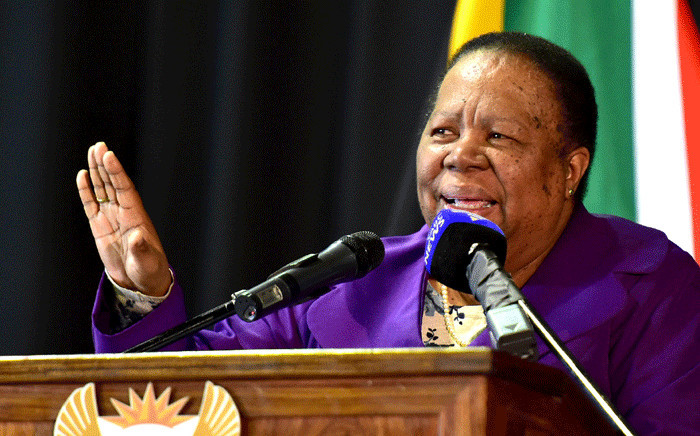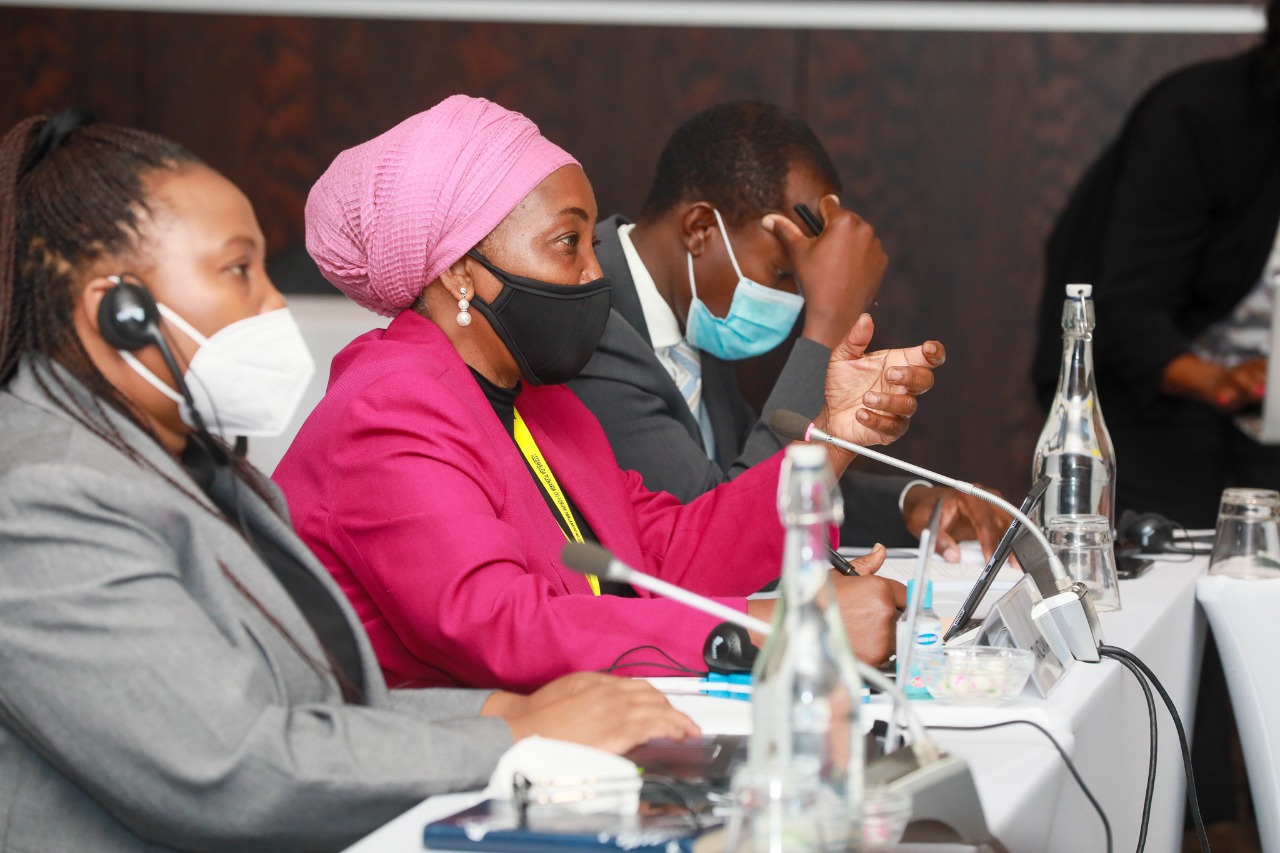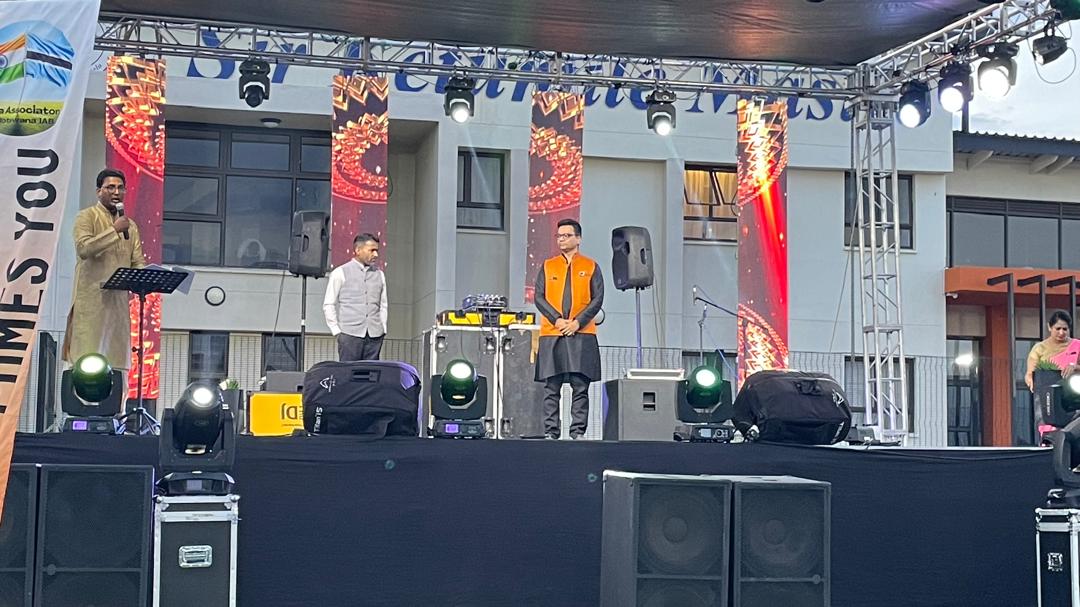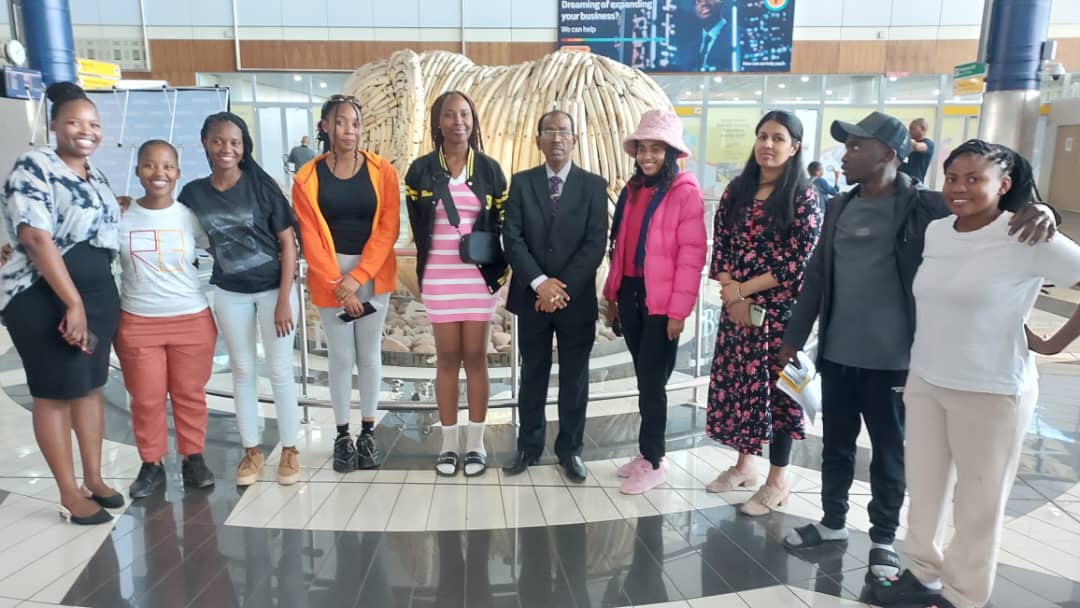
This week we released South Africa’s national interest framework document that seeks to outline and define the key values, principles and goals that influence our foreign policy and practice as South Africa.
Our framework is broad in character and content in that we believe there is a variety of factors that shape what we have set out as our national interest. The document sets out these elements in what we hope provides a clear articulation of our aspirations.
In crisp terms, we define our national interest as encompassing national sovereignty and constitutional order, safety of our citizens, wellbeing of our citizens, economic prosperity and a better Africa and world. The document presents our fuller description of these in some detail.

It has taken several years for agreement to be reached on a national interest framework document, possibly due to the difficulties Yolanda Spies (2019) points to when she deliberates on the “not so pure concept of diplomacy”. In a more recent book, Elizabeth Sidiropoulos suggests that reliance on the 2015 Foreign Policy White Paper may be a more sensible route than drafting a framework document. Nevertheless, we agreed that the changing global context which poses evermore complex challenges for our craft requires us to devote careful attention to defining our national interest. It also provides a useful template for our interlocutors to perhaps understand the decisions and choices we make.
Challenges for Africa
The energy Dirco colleagues and others brought to this task probably lies in our awareness that the world is rapidly changing in difficult and complex ways and we need to confirm our tools as worthy of combat or get fresh sharper tools more suited to the emerging terrain of international relations. I use the term emerging advisedly as I believe none of us can be sure of what is next. An example of an amazing ‘what next’ is the unprecedented action of the US House of Representatives which adopted a draft bill intended to punish countries in Africa that have not towed the line on the Russia-Ukraine war. More stunning than that action is the loud silence of Africa political intellectuals who surely hold freedom of choice and sovereign status in high regard. How do developing countries exercise their sovereign rights as UN member states when confronted by such reactions?
The framework document provides our perspective on the challenges confronting Africa today. While recognising the strides the continent has made in the past two decades, the ever-present problem of insecurity, political conflict and poor progress on key development priorities is acknowledged. We confirm South Africa’s belief that its national interest is closely intertwined with the goal of achieving progress in Africa. Linked to this is South Africa’s support for the implementation of Africa’s Agenda 2063. We also argue for stronger development links with a wider range of African countries, and redoubled effort at advancing regional and economic integration in SADC. The framework document moves beyond defining our national interest by proposing action we should focus on in our international work to give effect to our interest.
History of struggle
Our framework identifies the foundations of our national interest as closely associated with our history of anti-colonial and anti-apartheid struggle. We are part of a nation that has waged a mighty battle for freedom under the throes of oppression and our experience has resulted in strong bonds being established with all who strive for freedom. Our ideals of Pan Africanism, progressive international solidarity and Ubuntu underpin our national interest.
The nature and forms of that struggle have also contributed to shaping our national interest. The document asserts a solid commitment to solidarity with those who are still striving for freedom. The important contribution of a well-coordinated international anti-apartheid movement has influenced the inclusion of global links of progressive solidarity as a strong element of our goal of building a better world that advances full enjoyment of human dignity, justice and freedom for all.
Global decline in progressive ideals
Our analysis of the global environment and extensive ideological changes in different regions made this a strategic moment to reflect on and define our framework. While we continue to espouse progressive ideals, we highlight the decline in progressive ideals and diminishing opportunities for shared solidarity, especially with respect to the most powerful countries. We attempt to show that the world community often pretends at shared common ideals and objectives. This was evident as we battled Covid-19, isolated from the benefits of innovation in our powerful partner countries. In addition, the framework suggests we need to be astute in trade negotiations and not accept fair trade rules promises when made by the most powerful economies that sometimes breach these rules directly or by stealth. We see this in EU rules on our citrus products. We will pursue our interest by using international organisations whose remit is to ensure fairness in all trade.
The recent excellent leadership of India and South Africa on the trips waiver proposal was an important lesson for the South in securing global support for the development of vaccine manufacturing capacity in Africa and other developing regions. This experience complements our national interest commitment to South-South solidarity and cooperation.
The ongoing struggle to begin United Nations negotiations reform is further evidence of the resistance to change powerful countries exhibit on the international stage.
Our document emphasises the possibilities offered by progressive international solidarity while also acknowledging that strenuous efforts have been directed at dividing developing nations and that the magic of Bandung has been shredded by national interests that focus on sovereign gain. So even as we promote South-South relations we are alert to the reality that interest may not always coalesce.
We assert that South Africa’s liberation movements artfully built a solid wall of global support against apartheid through direct persuasion, links to active organs of civil society in a wide range of sectors and clear articulation of the objectives desired by a free South Africa. As firm supporters of the Palestinian cause for freedom, we have been urging our friends in Palestine to do more to create similar bonds of global activism and assure them of our active support.
In very crisp terms our national interest document stresses that the values, principles and socio-political and socio-economic ambitions in our Constitution are the key foundation for our national interest.
The Constitution draws from the history and experience of the struggle for freedom, in particular it acknowledges progressive policy proposals from the ANC such as the African Claims document, the Freedom Charter and other descriptions of the post-apartheid nation. Its very preamble sets out the driving principles of post-apartheid South Africa. While we are careful not to be naive in our belief in our ability to influence others we do think these instruments are an important part of nation formation that we could share with nations in transition to democracy. The democratic transformation of South Africa, while not perfect, forms a very important platform for entrenching good governance, democracy and development.
Pan-African thought
Pan-African thought and consciousness are also acknowledged and incorporated, especially South Africa’s commitment to the progress and development of Africa. This perspective has begun to inform our bilateral interaction with various countries on the continent that we consider strategic partners in the goal of creating a better Africa and we hope to be far more strategic and goal-oriented in our engagements.
South Africa recognises that the pursuit of our national interest takes place in an increasingly complex global context in which challenges, alliances, interests and commitments exist on shifting sands.
Even the important self-evident imperative of responding to climate change finds expression in this complexity. Debates on this subject and lack of action on conference agreements and attempted arm twisting indicate the dilemma developing countries have to overcome. We focus on these increasingly important emerging global tasks in our document.
In the final analysis, our national interests are the achievement of a better South Africa, Africa and world. We will pursue these in our foreign policy and practice focused primarily on our three significant national challenges for South Africa: unemployment, poverty and inequality. We will strive to achieve success while simultaneously promoting the values and principles I have referred to. We confirm that as the government of South Africa, our main responsibility is to South Africa. We do indicate in the policy that we have institutions, laws, and democratic practices in South Africa which create the basis for our country to be a force for good in Africa and in other parts of the world. We also have a robust civil society that has organisational capacity to play a progressive role in countries that are at very early stages of transition. These institutions include academic institutions, research bodies and others that could help promote an active progressive agenda in a range of settings. We hope our framework will persuade a wide range of actors to work with us to advance change, progress and development in South Africa, Africa and the world.
The national interest document is accessible on www.dirco.gov.za DM
Source: The Daily Maverick









